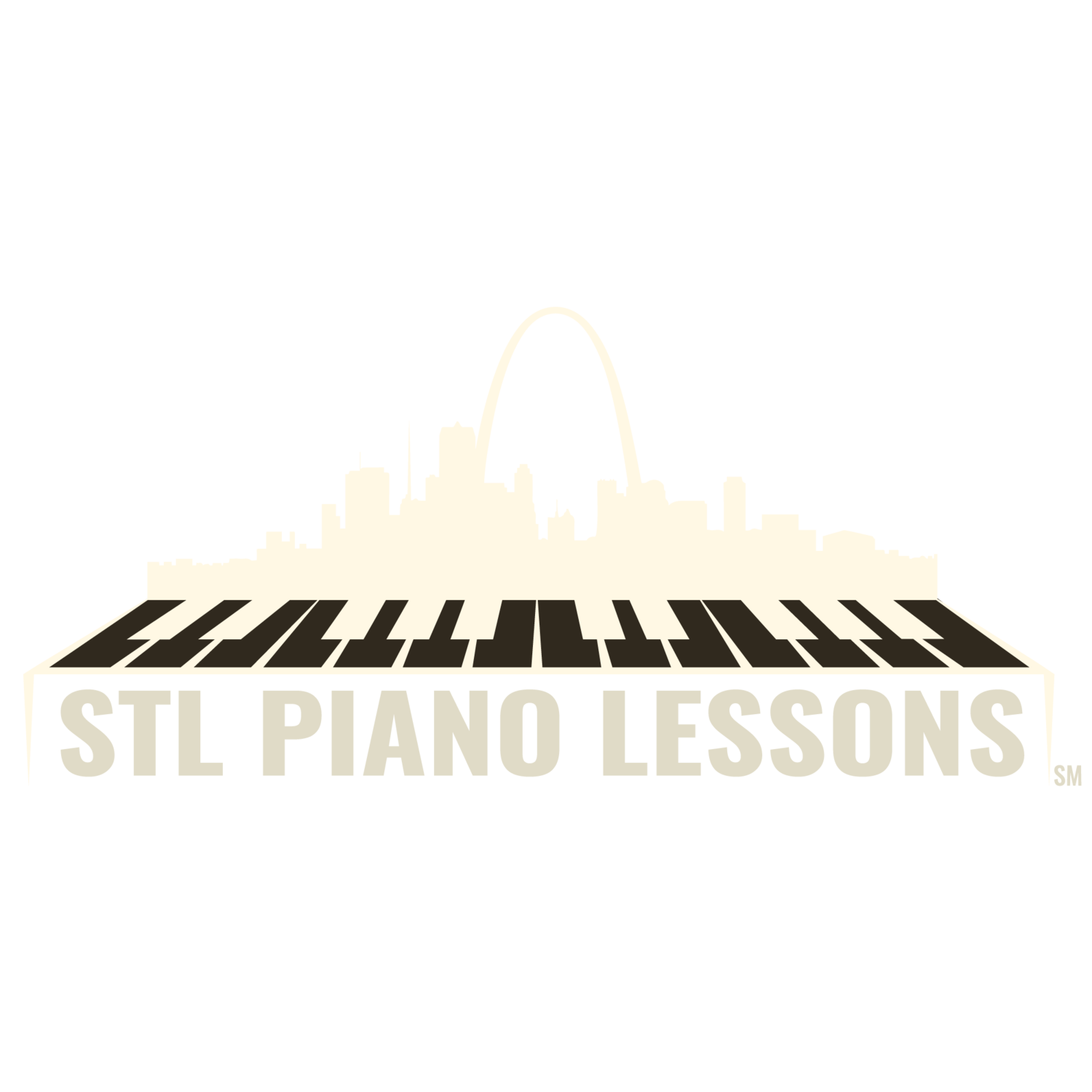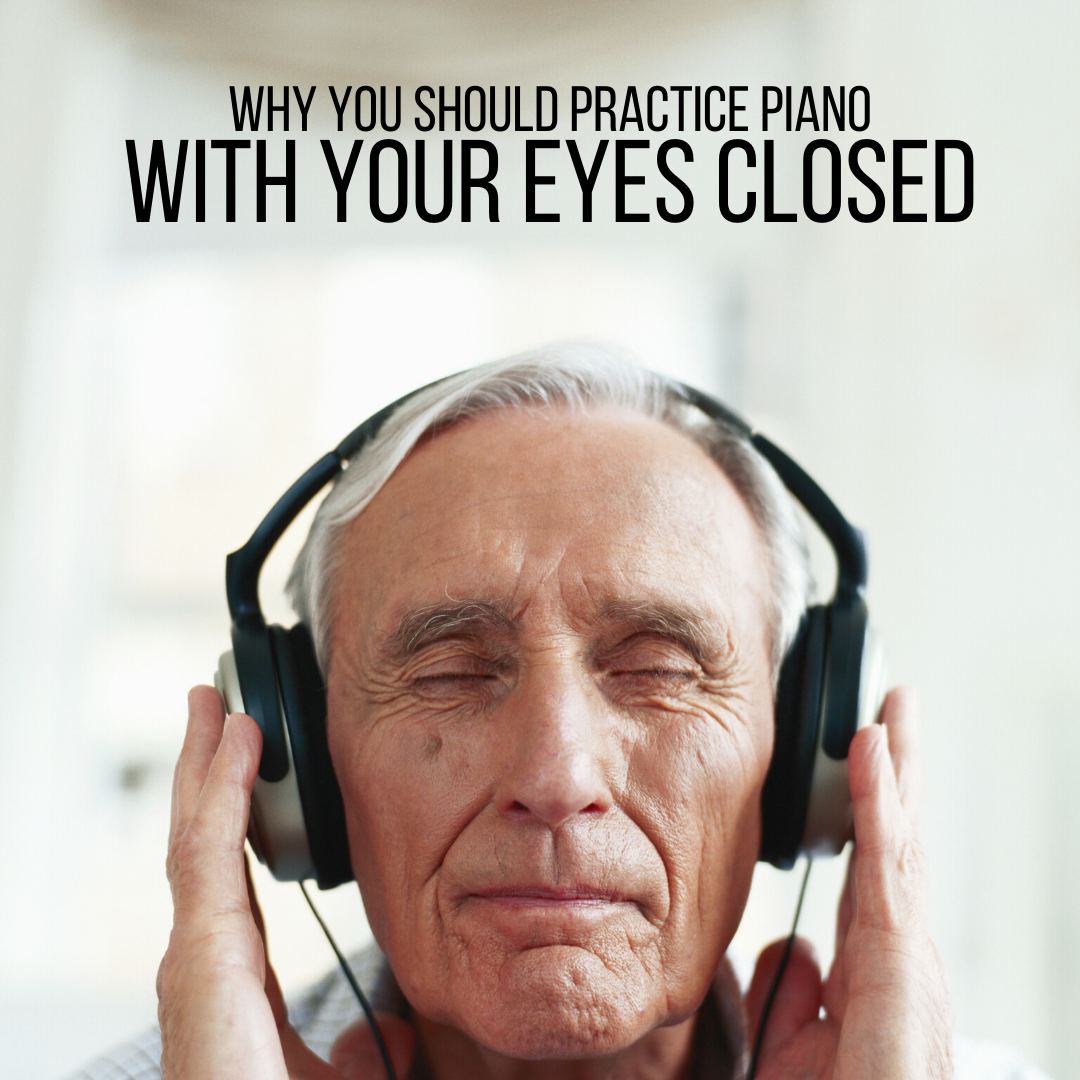We get a lot of questions from students and parents about piano lessons and how to practice. With so much information out there, it’s hard to know the difference sometimes between what is worth your time and what is a waste of time.
I thought it might be helpful to do some blog posts answering some of our most frequently asked questions about piano and piano lessons.
This is the third blog post in our series of answering these frequently asked questions.
FAQ #3: How do I get a better feel for the piano?
This question comes in many forms. Sometimes it’s “How do I play the piano and keep my eyes on the music?” or “How do I get more confident at playing the piano?” or “How do I play scales and chords without messing up so much.”
There are obviously many answers to these questions. The most obvious is that with more practice comes more confidence. But I want to give you a specific way to practice that will boost your confidence, increase your accuracy and help you keep your eyes on the music at all times.
Practice with your eyes closed.
Here is what I want you to do. Start practicing your scales first with your eyes closed. This teaches you to trust your ears and your fingers instead of your eyes. The key thing to remember when doing this is that it is ok to miss some notes. You are going to for a while. But that is exactly how you learn and get a better feel for the piano.
Just go for it and don’t overthink it. Close your eyes and play your scales. When you miss a note, don’t sweat it, just keep going. Do this every day that you practice. Over the course of a week or two, you will find that you can do it without any mistakes. That means you are learning to trust your fingers and you are getting a good feel for the piano. This will open up so many doors for you while playing!
Once you have mastered your scales, I want you to work on playing arpeggios with your eyes closed. This is the next level because now you are skipping notes whereas a scale has notes in succession. Don’t worry though. Just start doing it and don’t overthink it.
Again you are going to miss a lot of notes. That is the point. But again, over a few weeks, you will notice you are making less mistakes and your arpeggios will be a lot cleaner.
If you want to take it to the next level, try memorizing a simple piece and practice playing that piece with your eyes closed. This will take some more time but you can totally do it. Once you learn to trust your ears and your fingers, you are free. You will play cleaner. You will learn things quicker. You will have so much more confidence at the piano.
If You Ever Doubt That This Will Work, Remember This…
If ever you doubt that any of this is possible, just watch Stevie Wonder or Ray Charles play the piano. Stevie was blind from birth and Ray was blind from a young age. They both learned how to play the piano without any eyesight. And I think we can all agree that they are both exceptional piano players. If they can do it, so can you. They didn’t get good at the piano by some miracle from above. They got good by practicing, never giving up, and building confidence at the piano by trusting their ears and their fingers.
Learning piano is a lifelong journey. It is an ongoing process. You don’t have to be Stevie Wonder or Ray Charles. You just have to be you. If you are better this week than you were last week, then you are succeeding. You are doing it! And that’s huge. You should be really proud of yourself.
Try this technique of playing with your eyes closed and leave us a comment. Let us know how you did!


